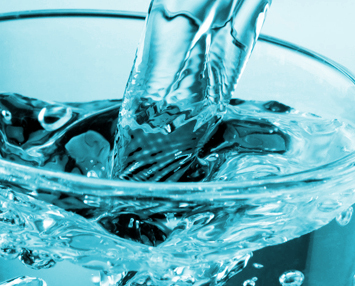QLD fees traced back to drought
 Experts have investigated why Gold Coast residents pay more than twice as much for water as Sydneysiders.
Experts have investigated why Gold Coast residents pay more than twice as much for water as Sydneysiders.
Gold Coast residents face fixed charges on top of usage fees that are higher than many other metropolitan areas in Australia.
Bond University commercial litigation lawyer and Assistant Professor Victoria Baumfield have studied water costs in south east Queensland.
They found that water connection fees were over $120 a year more for residents in south east Queensland than those using Sydney Water.
Gold Coast residents pay $3.90 per kilolitre for water usage whereas Sydney Water customers pay $2.04 per kilolitre.
Victorian residents pay from $2.40 to $2.60 per kilolitre with water providers Yarra Valley Water, South East Water and City West Water.
Ms Baumfield said the Gold Coast's high rates started with a drought in the mid-2000s.
“The south east Queensland region had combined water levels down to as low as approximately 17 per cent. People were asking; ‘Why is it we don't have enough water?’.”
A system that gives individual councils control over water infrastructure is part of the problem, she said.
“We didn't have pipes that could move water from the Hinze Dam up to Brisbane if people needed the water,” she said.
“There was also the question of ‘Do we need to start producing recycled water?’ using water-producing assets that don't depend on rain.”
The Queensland Government built pipes and a desalination plant at Tugun as part of its response.
Ms Baumfield said there were issues with the scale of the spending on the new water infrastructure.
“The Queensland Audit Office has criticised the amount of money that was spent on the desalination plant, claiming we overspent by hundreds of millions of dollars,” she said.
“They claim we overspent on building a recycled water facility.
“When you take all the spending on water infrastructure, which ended up being close to $9 billion, and you add the fact we moved to a policy of cost-reflective pricing — where the public has to pay the full amount — that leads to very high bills for individual water consumers.”
Ms Baumfield said SEQ Water has not been able to make full loan repayments.
“What they have been doing is capitalising those unpaid interest amounts onto the principal of the debt,” she said.
“A debt that was initially around $9 billion has become close to $10 billion because they were tacking on the interest. So we're now paying interest on interest.”







 Print
Print